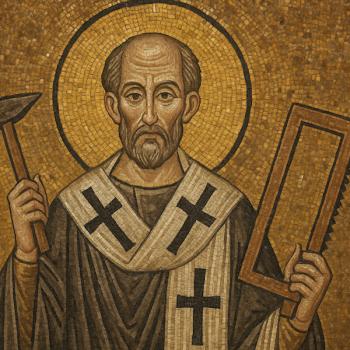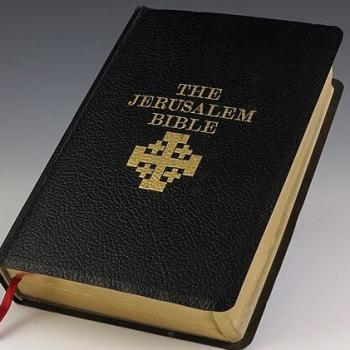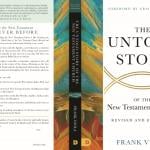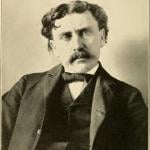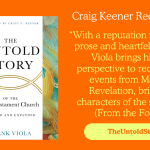In a 2005 article in Atike Kunst, Gunnel Ekroth examines vase paintings to explore the role blood played in Greek sacrificial rites. One main aim is to support his thesis that Greek reserved sacrificial blood in order to consume it, and he defense this view by examining when blood is and when it is not shown on vases. Ekroth concludes the essay (26-7): “In scenes of thysia sacrifices, i.e. sacrifices ending with a meal for the worshippers, we see no... Read more











